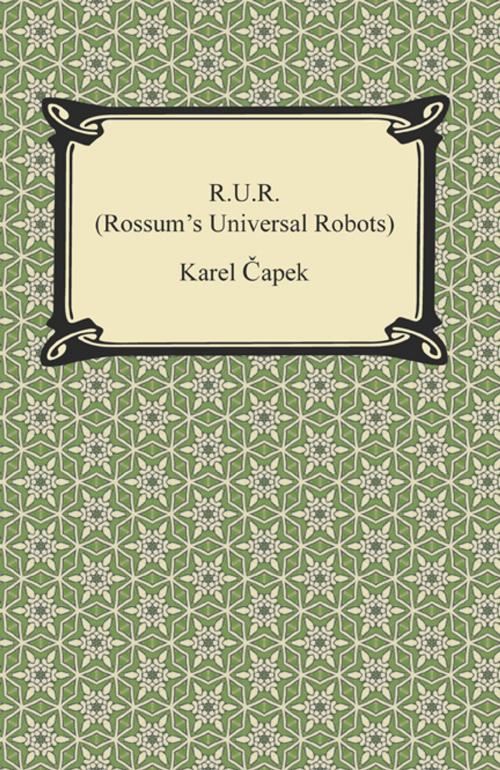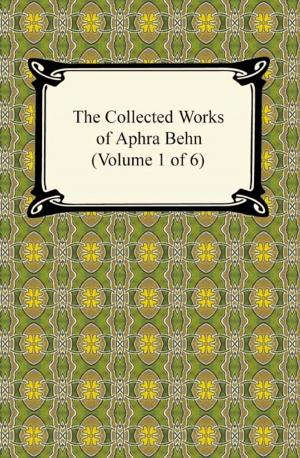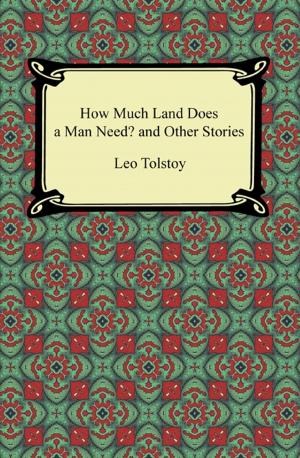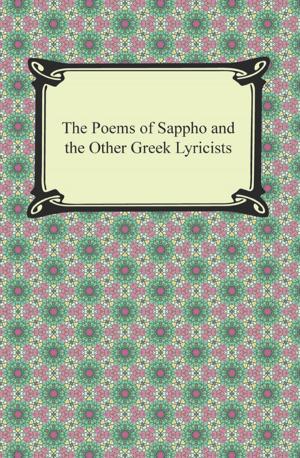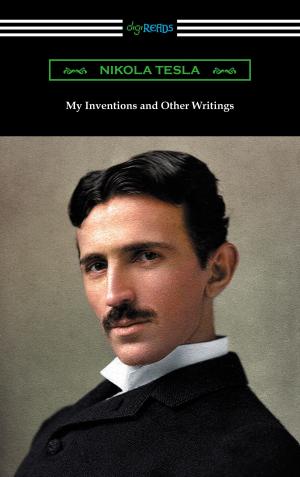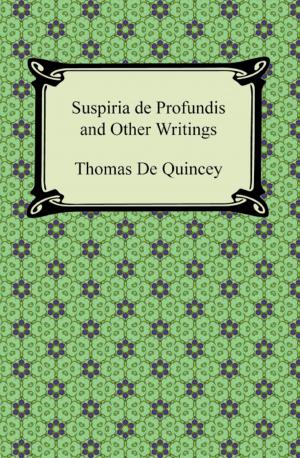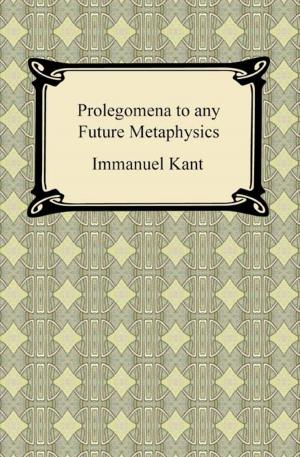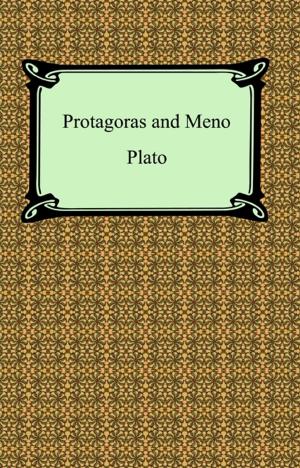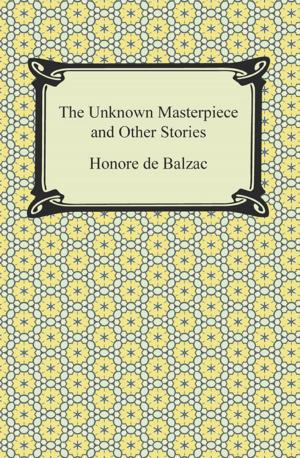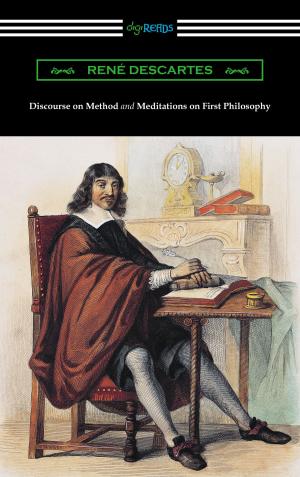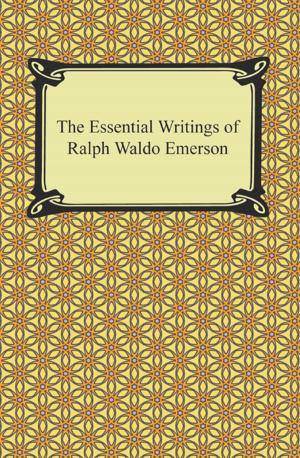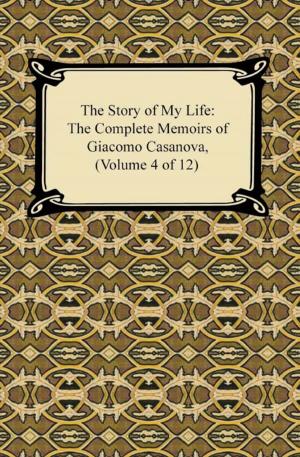| Author: | Karel Capek | ISBN: | 9781420949681 |
| Publisher: | Neeland Media LLC | Publication: | December 15, 2009 |
| Imprint: | Digireads.com Publishing | Language: | English |
| Author: | Karel Capek |
| ISBN: | 9781420949681 |
| Publisher: | Neeland Media LLC |
| Publication: | December 15, 2009 |
| Imprint: | Digireads.com Publishing |
| Language: | English |
We have Czech writer Karel Čapek to thank for the invention of the word robot and generally for the introduction of the idea of artificial intelligence to the world of literature. His play, "R.U.R. (Rossum's Universal Robots)" was first performed in 1921 and was an instant success. While the "robots" of the play could be more accurately described as cyborgs, Čapek's influence on the science fiction genre with this play would be profound. "R.U.R." describes a future where robots have become universal and all of humanity is now dependent on the labor that they provide. Everything is perfect until the robot's are stirred into revolt. "R.U.R." is Čapek's prophetic and dark dystopian vision of the future which would solidify his place in literary history.
We have Czech writer Karel Čapek to thank for the invention of the word robot and generally for the introduction of the idea of artificial intelligence to the world of literature. His play, "R.U.R. (Rossum's Universal Robots)" was first performed in 1921 and was an instant success. While the "robots" of the play could be more accurately described as cyborgs, Čapek's influence on the science fiction genre with this play would be profound. "R.U.R." describes a future where robots have become universal and all of humanity is now dependent on the labor that they provide. Everything is perfect until the robot's are stirred into revolt. "R.U.R." is Čapek's prophetic and dark dystopian vision of the future which would solidify his place in literary history.
